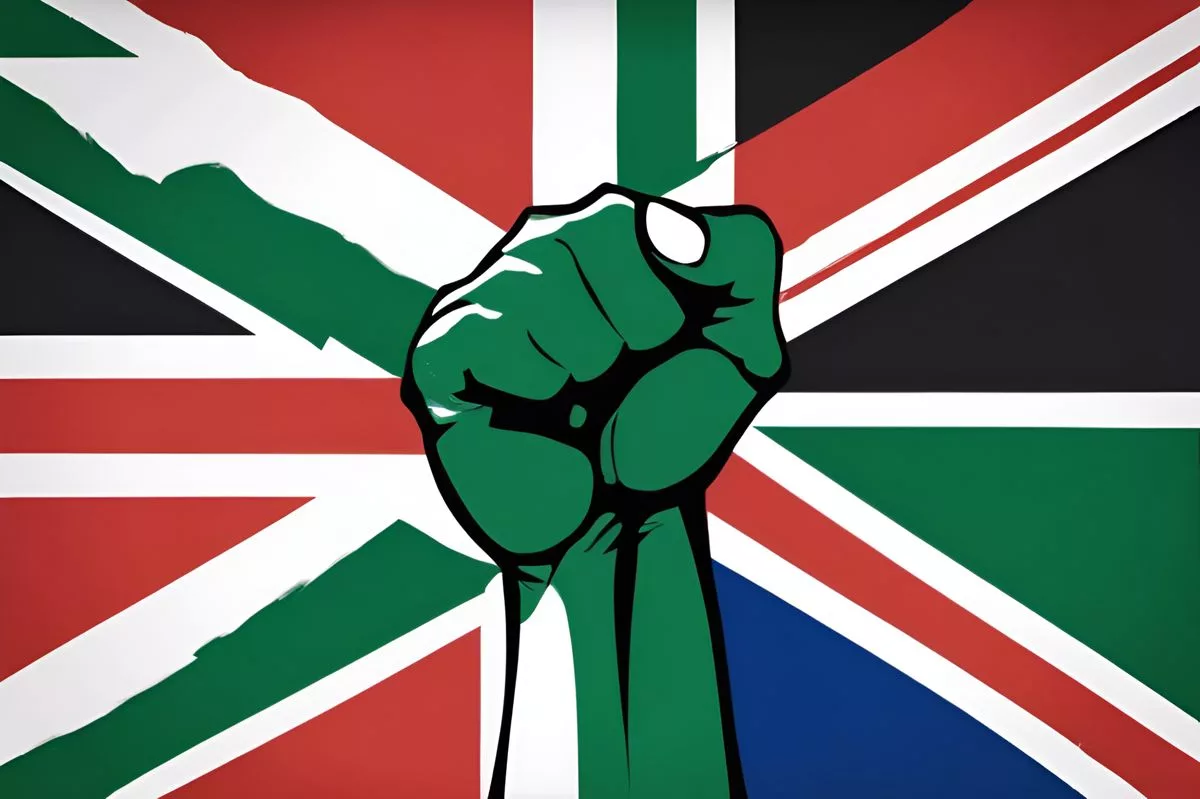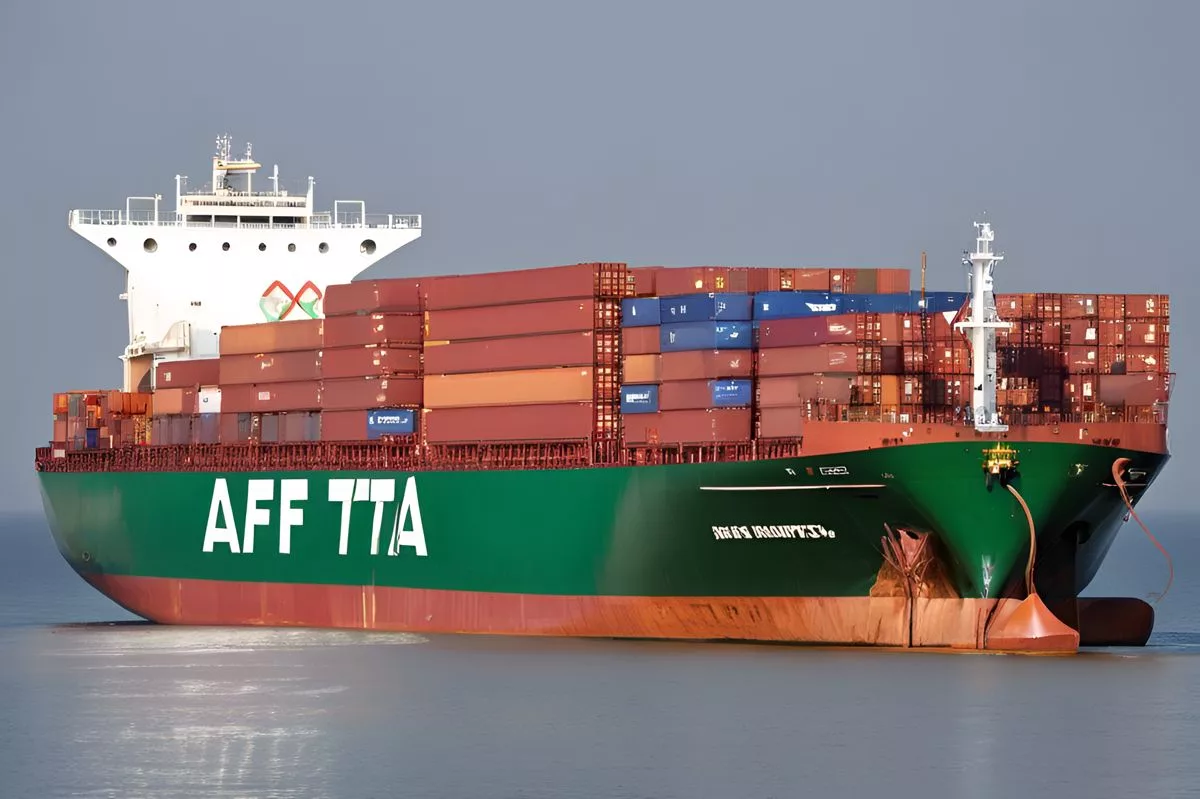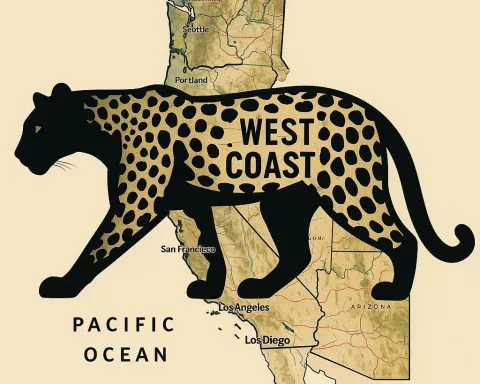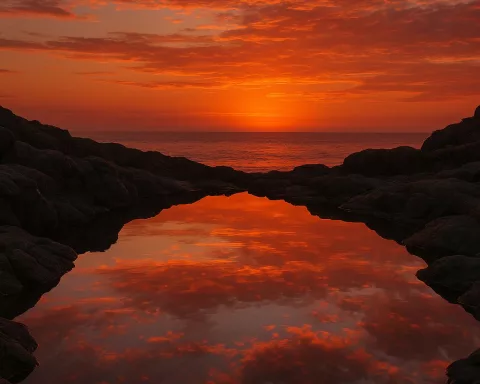South Africa is facing political challenges as the Jacob Zuma-supported MK Party threatens the country’s democratic values. The party’s spokesperson, Visvin Reddy, made a controversial video that undermined the essence of the democratic process. President Cyril Ramaphosa responded with a stern warning to those inciting potential chaos, emphasizing the government’s commitment to preserving democratic norms and ensuring stability. Ramaphosa’s unwavering opposition to threats against democracy demonstrates the strength and durability of South Africa’s democratic establishment.
How is South Africa responding to political challenges?
President Cyril Ramaphosa reaffirmed South Africa’s commitment to preserving democratic norms and averting instability in the face of recent threats made by the Jacob Zuma-supported MK Party. His stern warning to those inciting potential chaos highlights the government’s dedication to ensuring tranquillity and stability in the country. The ongoing conflict serves as a harsh reminder of the continuous vigilance needed to safeguard the democratic virtues held dear.
The Churning Political Climate in South Africa
The current South African political atmosphere can be likened to a bubbling pot ready to spill over, a scenario largely stirred by the Jacob Zuma-supported MK Party. The party’s spokesperson, Visvin Reddy, recently sparked controversy with an ominous video aimed at the Independent Electoral Commission (IEC) and undermined the very essence of the democratic process.
Drawing from the inflammatory strategies of a past epoch, Reddy alarmingly proclaimed in his contentious video that there would be “no election”, a chaotic declaration that left many astounded. His haunting assertion that “No South African will go the polls if MK is not on the ballot paper,” starkly clashes with the democratic principles that the nation has been vigorously endorsing.
Reddy’s explicitly aggressive posture created waves in South Africa’s political milieu. In a reaction to this intimidation, President Cyril Ramaphosa displayed a robust and unwavering stance. His stern yet comforting words served as a ray of hope for those who cherish democratic values.
President Ramaphosa’s Unyielding Stance
With a clear determination, Ramaphosa issued a stern warning to those inciting potential chaos. He firmly stated, “I want to make it very clear to anyone who is threatening any form of unrest that they will be followed up and they will be arrested. Those are people who belong in jail, those are people who are the enemies of our democracy.” His words highlighted his dedication to preserving democratic norms and averting instability in South Africa.
Ramaphosa’s discourse gained significance following Reddy’s subsequent retraction. Reddy claimed his initial comments were misunderstood, a shift in narrative that many viewed with doubt. Nonetheless, Ramaphosa’s firm stance underscores the government’s commitment to ensuring tranquillity and stability.
Furthermore, President Ramaphosa’s admonition carries the weight of the democratic legacy that South Africa has diligently constructed. He validated the worth of this hard-won democracy and categorically rejected any form of disturbance. He emphasized that “The people of South Africa value this hard-earned democracy; they don’t want any form of instability.”
The Commitment to Democracy and Lawfulness
He further reassured citizens that for those unhappy with any government decision, be it from the President, a Minister, or a court of law, there are appropriate avenues to voice grievances. This highlights the democratic principle of checks and balances, a crucial element ingrained in the South African constitution.
The ongoing conflict between the MK party and the incumbent government embodies the tightrope that a thriving democracy often has to navigate. The threat posed by Reddy and the MK party serves as a harsh reminder of the continuous vigilance needed to safeguard the democratic virtues held dear.
In this fluctuating political environment, Ramaphosa’s steadfast opposition to threats against democracy stands firm. His words and deeds reiterate the strength and durability of the democratic establishment. As South Africa sails through these turbulent waters, the unwavering dedication of its leadership to democratic principles provides a glimmer of hope amidst the gathering storm.
What is the Jacob Zuma-supported MK Party and what are they threatening?
The Jacob Zuma-supported MK Party is a political party in South Africa that has been making threats against the country’s democratic values. In a controversial video, the party’s spokesperson, Visvin Reddy, undermined the essence of the democratic process by declaring that there would be “no election” and that “no South African will go to the polls if MK is not on the ballot paper.” This declaration is a direct threat to the democratic principles that South Africa holds dear.
How has President Cyril Ramaphosa responded to these threats?
President Cyril Ramaphosa has responded with a stern warning to those inciting potential chaos, emphasizing the government’s commitment to preserving democratic norms and ensuring stability. He has made it clear that anyone who is threatening any form of unrest will be followed up and arrested, as they are enemies of democracy. His words and deeds reiterate the strength and durability of South Africa’s democratic establishment.
What is the current political climate in South Africa?
The current political climate in South Africa can be described as a bubbling pot ready to spill over, largely stirred by the Jacob Zuma-supported MK Party. The party’s threats against democratic values have caused a great deal of tension and uncertainty in the country, leading to a need for continuous vigilance to safeguard democratic virtues.
What is the significance of President Ramaphosa’s stance?
President Ramaphosa’s unwavering opposition to threats against democracy demonstrates the strength and durability of South Africa’s democratic establishment. His commitment to preserving democratic norms and ensuring stability provides a glimmer of hope for those who cherish democratic values. It also underscores the government’s dedication to averting instability and ensuring tranquillity in the country.
What is the democratic principle of checks and balances?
The democratic principle of checks and balances is an essential element ingrained in the South African constitution. It allows citizens to voice grievances against any government decision, be it from the President, a Minister, or a court of law. This principle ensures that no branch of government becomes too powerful and that there is accountability and transparency in the decision-making process.
What can citizens do to protect democracy in South Africa?
Citizens can protect democracy in South Africa by remaining vigilant and engaged in the political process. They can ensure that their voices are heard through peaceful protests, advocating for transparency and accountability in government, and voting in free and fair elections. It is also essential to support leaders who uphold democratic principles and reject those who threaten them.












